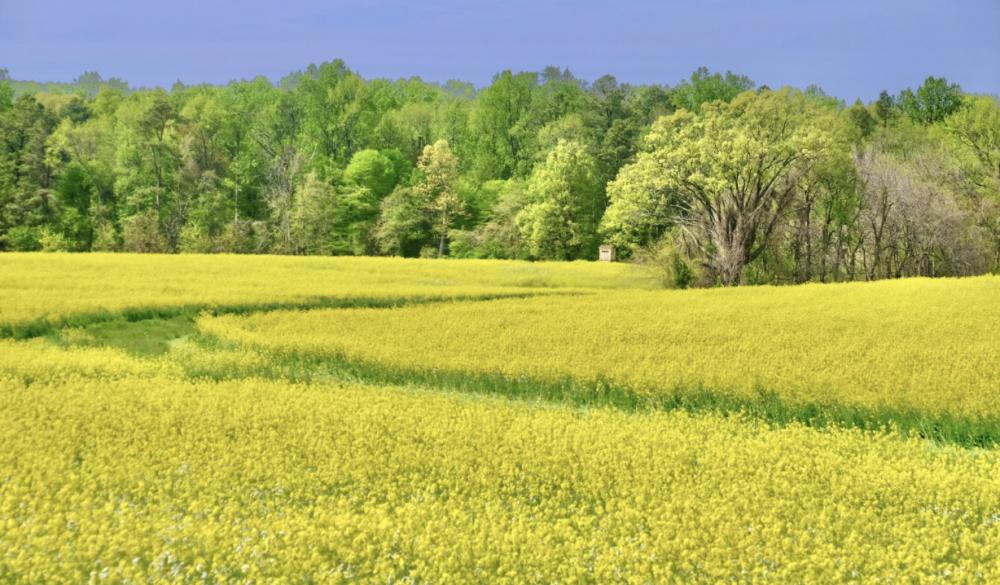Saturday was lovely—sunny and warm, blue skies, just a hint of breeze—and so we put the day to good use. The two little evergreens that grace the front porch during the cold months have been returned to their remote corner of the backyard, replaced by two containers filled with lush summer arrangements. There’s a new hanging basket swaying over the porch, a row of luminescent white impatiens are tucked under the bordering boxwood, a new mandevilla will soon be sprawling along the fence, and the beggar’s bowl which I brought home from Afghanistan many years ago hovers over the wee wife’s swing, not filled with alms but with trailing ultramarine flowers; lobelia, I think.
Out in the backyard, the birds will be bathing in slightly different spots this summer. The lilac bushes are in full and fragrant bloom. The iris bulbs we planted in the fall have made their first glorious appearance. The clematis blossoms that trail along the side wall have peaked and are beginning to fade, but the peonies underneath are only a day or two away from full bloom. Wisteria is waiting in the wings, soon to be followed by roses and hydrangea all summer long.
The grass has been cut, weeds have been pulled, tomatoes and peppers and herbs have been planted. Grass seed has been strewn over the bald spots in the lawn. There’s more to do—the edging and mulching of the flower beds—but Lord knows, we’ll have plenty of time for those chores in the coming weeks.
Everywhere, spring is springing, a timely and blessed antidote to the fear and isolation and dislocation caused by Covid-19. A few days ago, I took a back-roads ride through the county and captured the image of the sea of yellow and the river of green that accompanies this Musing. Everywhere I looked, I could see life returning—the natural phenomena of life that seems to be carrying on pretty much as before, even if ours isn’t. I guess Mother Nature has been through this before. Maybe someday, we humans will return to some kind of “new normal,” but for the rest of creation, I doubt the cycles of life will change all that much. In fact, if it’s true that the air and seas are a bit cleaner for all our sheltering in place, maybe the lungs of earth will breathe a little easier.
In Greek and Roman mythology, spring is explained by Persephone’s story. Persephone was the daughter of Zeus and Demeter; Hades, king of the underworld, was so smitten by Persephone’s beauty that he abducted her to his kingdom and made her his queen. Zeus and Demeter were understandably upset and forced Hades to return their daughter, but the wily king tricked Persephone by feeding her a few pomegranate seeds that would forever bind her to him and his underworld kingdom. Ultimately, the gods compromised and as a result, Persephone spends part of the year in the underworld with Hades and the rest of the year above ground with us. Spring celebrates her annual return, and this year, we’ve welcomed her back with great fanfare because now we all know what’s it like to live in hell.
I wonder how the Greeks and Romans would have explained this current pandemic; after all, even the word is of Greek origin. But were they to come up with some fanciful mythological interpretation of our predicament, I would still put my stock in science and King Fauci. In the meantime, I’ll try to find new ways to enjoy this time—our springtime of quarantine—by watching the season unfold once again in all her radiant glory.
I’ll be right back.
Jamie Kirkpatrick is a writer and photographer with a home in Chestertown. His work has appeared in the Washington Post, the Baltimore Sun, the Philadelphia Inquirer, the Pittsburgh Post-Gazette, the Washington College Alumni Magazine, and American Cowboy Magazine. Two collections of his essays (“Musing Right Along” and “I’ll Be Right Back”) are available on Amazon. Jamie’s website is www.musingjamie.com




Patti Willis says
Jamie
I love this! Just lovely …